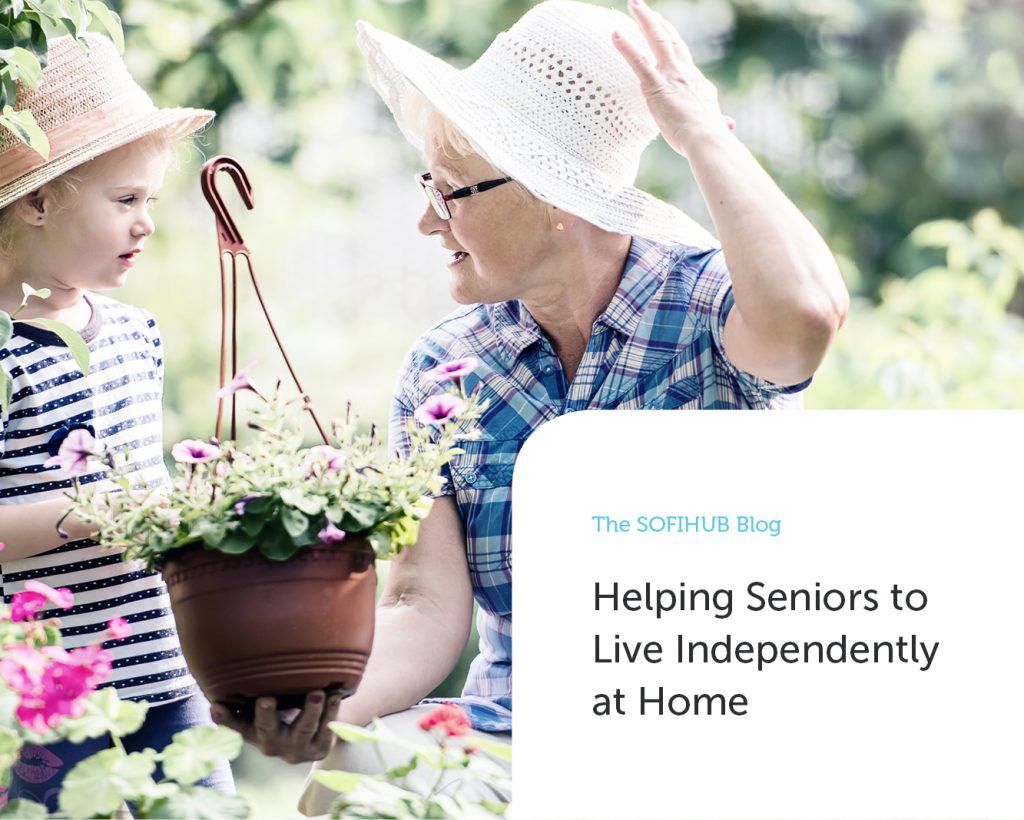Helping Seniors to Live Independently at Home with Personal Alarms Elderly
Many older Australians hope to be able to live in their own homes for as long as possible. After all, it’s nice to have the familiar surroundings of the home that we’ve built for ourselves as we get older. However, there simply aren’t enough services available right now to help seniors fulfil their dream of remaining independent in old age. This was an issue raised by the interim report made by the Royal Commission on the quality and safety of Aged Care.
According to Greg Hunt, federal health minister, the report exposed significant problems in the current care environment. The document confirms what older people and their care providers already know: which is that the government simply isn’t providing enough funding for home care packages. Less than 50% of the people assessed to need assistance to remain in their homes during their senior years are getting the help that they need.
Around 120,000 people are currently waiting on funding for packages, compared to only 90,000 that are currently receiving help. These help packages can include simple things like having handrails installed to reduce the risk of a fall, to paying for specialist services like physiotherapy. In an ideal world, they could even include access to intelligent tools like the SOFIHUB home device, which allows carers to track the care of their loved ones more efficiently in a home environment, as well as tracking things like medication schedules and routines.
Waiting for the Right Level of Care
The waiting time in place to access the basic level of home care required in the current environment, such as an occasional visit from a care provider, has grown from one to three months, to between three and six months. If you need more complex care, you may need to wait 12 months to get it. The problem is being exacerbated by the fact that places for support are being capped as a budget-saving measure.
The delays in offering help to seniors are placing an unfair burden on informal care providers like relatives and friends. Many exhausted carers only apply for home care assistant after they struggle to cope themselves. Unfortunately, these individuals face a lengthy and frustrating wait, often unsure how long it will take for them to get to the top of the list. Many people in need of care support die while they’re waiting.
The refusal to fund enough people in the current environment is being called “inhumane” by many groups. Older individuals who cannot get the support they need to stay at home will also place a more significant burden on government budgets, harming the Australian economy. What’s more, according to studies, individuals who are assessed as eligible for a home care package who have to wait six months or more for assistance are 20% more likely to die within 2 years than people waiting less than 30 days. These individuals are also 10% more likely to move into aged care funded by the government.
Denying Care Support Doesn’t Make Sense
It’s difficult to understand the financial logic of delaying people from getting cost effective solutions for home care when the alternative is a much more expensive level of care that also comes from government funding. At best, the inability to support people in their own homes simply moves the care burden onto public hospital systems and over-stressed carers.
While the government has announced a few small increases in funding over the last year for home care placements, there doesn’t seem to be any evidence of a major policy change in the works. Prime minister Scot Morrison, however, has claimed that he will be announcing additional packages in December, when the mid-year budget update will be released. Currently, meeting the unmet demands could cost the government as much as $2 billion per year, and make also require more time invested into creating a number of additional qualified carers.
While we wait for age Personal Alarms Elderly Personal Alarms Elderly

